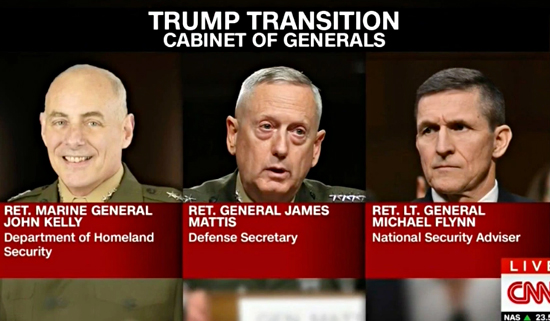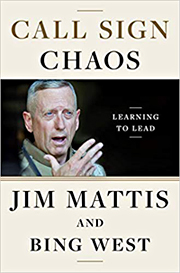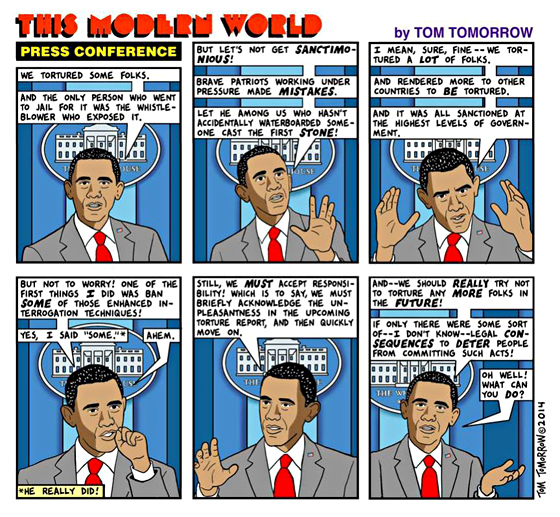
As the Trump administration prepares to deploy more U.S. troops to serve the needs of Saudi Arabia, I got to thinking about America’s forever wars in the Middle East and Central Asia. Back on August 17th, I clipped an article from the New York Times entitled “Debate Flares Over Afghanistan as Trump Considers Troop Withdrawal.” I noted the usual “arguments” presented by US military leaders and chickenhawks of both parties. That withdrawals would constitute a “retreat” that would be “premature” and “reckless.” That US troops had to remain to counter “an enduring terrorist threat.” That the Taliban enemy had perfected “weasel language” that would allow them to win any peace treaty. Making his usual appearance was General (retired) David Petraeus, who warned ominously that a complete withdrawal from Afghanistan “would be even more ill-advised and risky than the Obama administration’s disengagement from Iraq.” Petraeus, of course, has argued for a generational commitment to Afghanistan that could last as long as seventy years.
A few points to make here:
1. A US withdrawal wouldn’t be “premature.” Rather, it’s at least seventeen years overdue.
2. Terrorist threats are nothing new (I was reading about them on active duty in 1985). Moreover, they are often fed by the presence of US troops and bases as well as by “kinetic” actions, i.e. killing people, especially innocent civilians.
Continue reading “Of Premature Withdrawals, Forever Wars, and the US Military”





